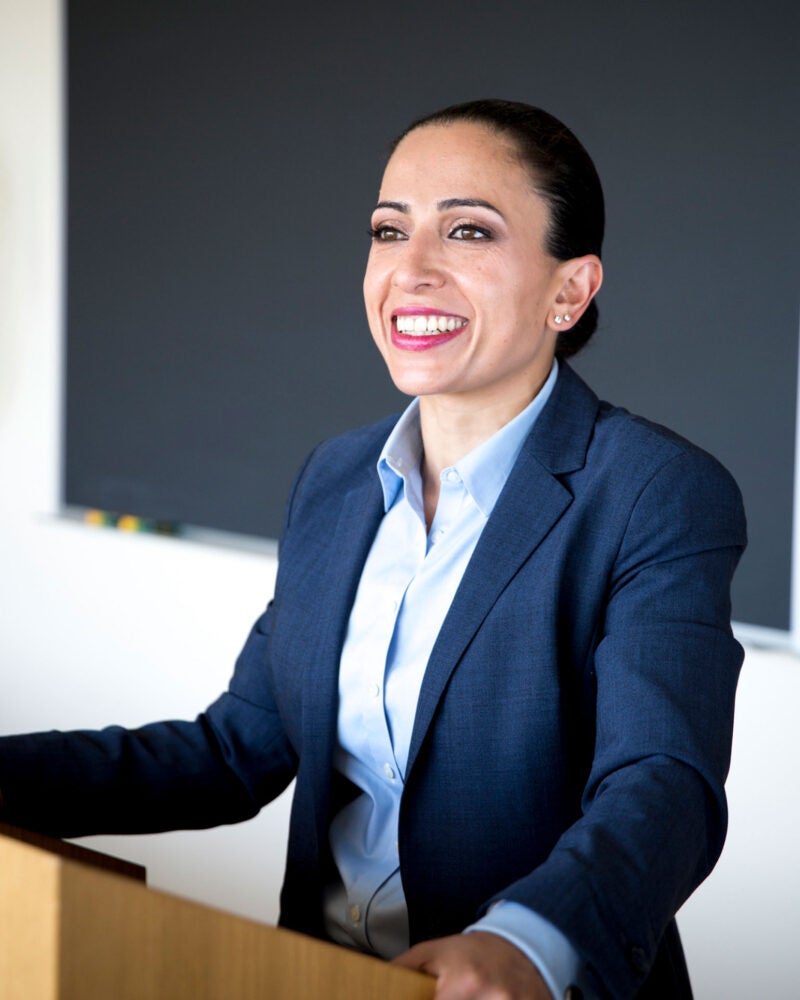Courses and Reading Groups
HLS students may draw on the more than 400 offerings at the law school, including more than 100 courses, seminars and reading groups in which international, comparative, or foreign law plays an important role. Scores of students also take part in law clinics focused on international matters. Many courses reach far beyond the pages of a casebook and provide students with opportunities to learn about issues in unique and powerful ways.
- International Legal Studies Courses and Reading Groups for 2025-2026 (by course name)
- International Legal Studies Courses and Reading Groups for 2025-2026 (by subject)
as of June 29, 2025

A gateway into public international law
A foundational course prepares students for the law school’s many offerings in international, comparative, and foreign law
Clinics
Each academic year, hundreds of HLS students explore the practice of law in the world around them through a diverse set of clinical offerings administered by the Office of Clinical and Pro Bono Programs.
Through these HLS clinics, students engage in supervised projects spanning the globe — assisting underserved clients, developing crucial legal resources, and conducting policy-based research.
- The Harvard Immigration and Refugee Clinical Program focuses on direct representation of individuals applying for U.S. asylum and related protections.
- The International Human Rights Clinic’s practice spans a wide range of issues, including arms and armed conflict; business and human rights; women’s rights; human rights and the environment; and transitional justice.
- In Making Rights Real: The Ghana Project, students work closely with Professor Lucie White and Ghanian organizations that focus on the human rights dimensions of Ghana’s health policies and practices.
- Crimmigration Clinic students work on cutting-edge issues regarding the intersection of criminal law and immigration law.
Students have also undertaken projects with an international focus through the Cyberlaw Clinic, the Harvard Negotiation & Mediation Clinical Program, the Food Law and Policy Clinic, and other clinical programs, as well as through independent clinicals.
Closer to home, many students provide direct representation of clients or work on complex questions of refugee and asylum law, criminal defense, environmental law, civil legal services, and education rights.